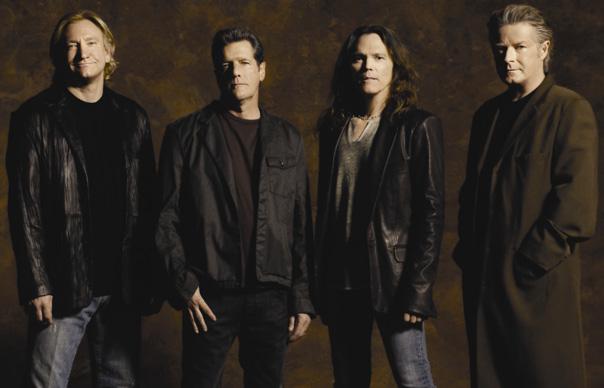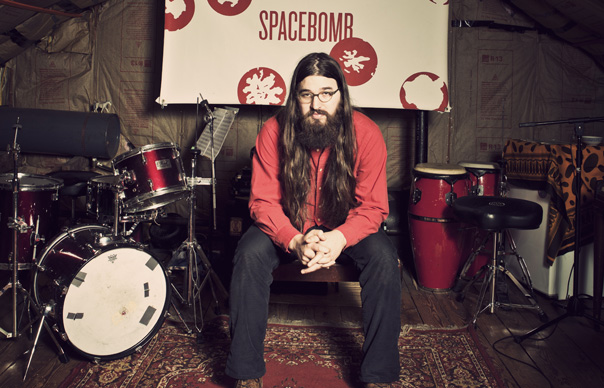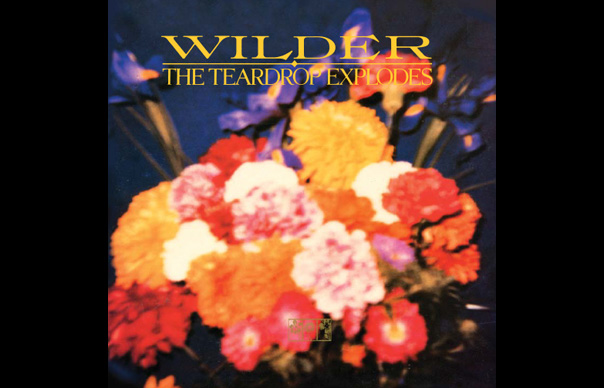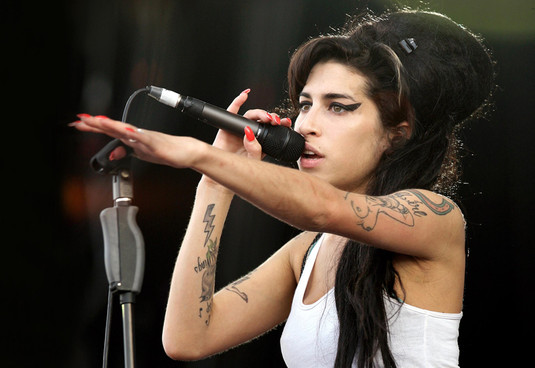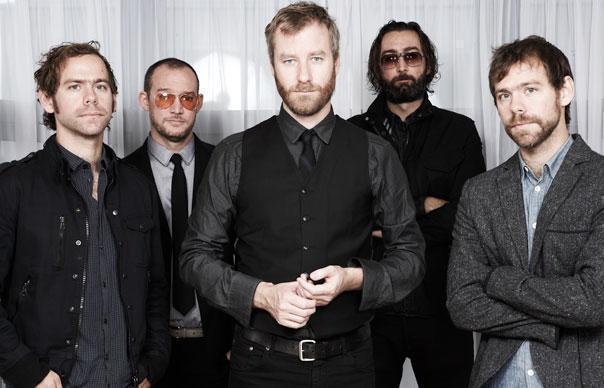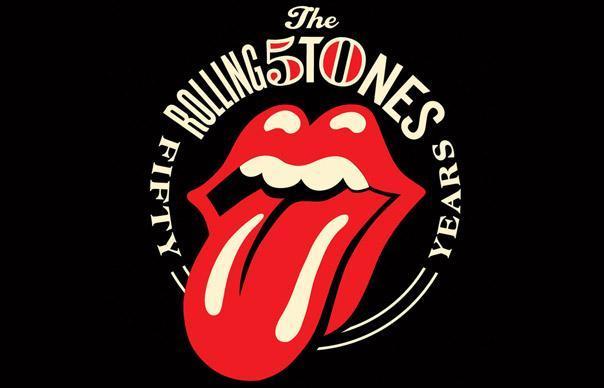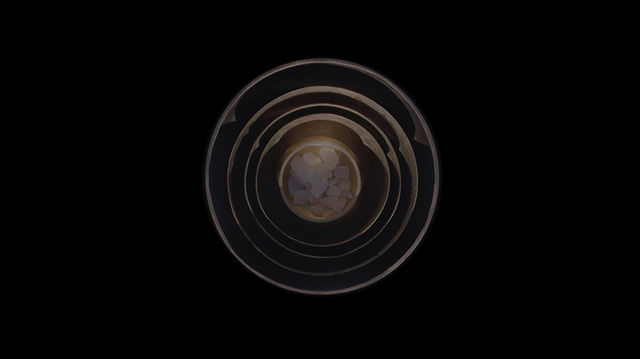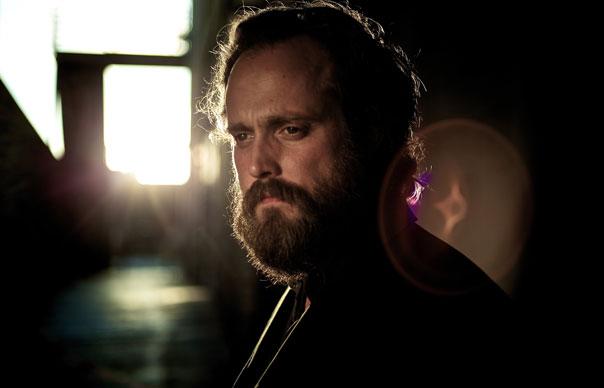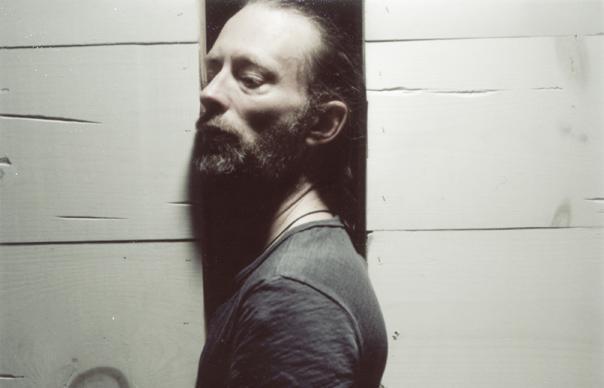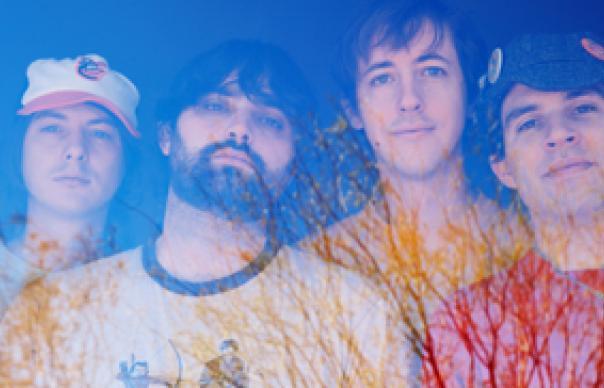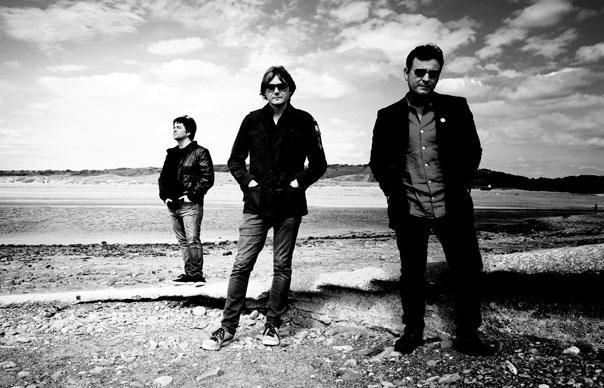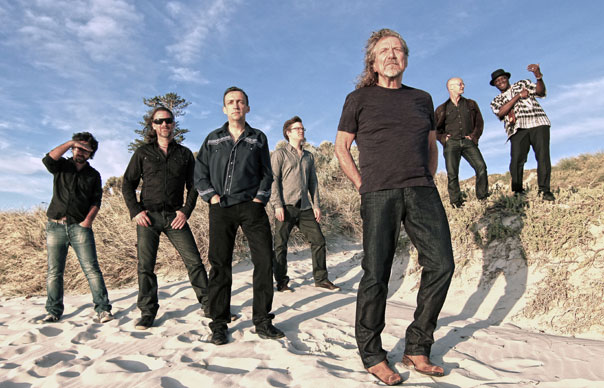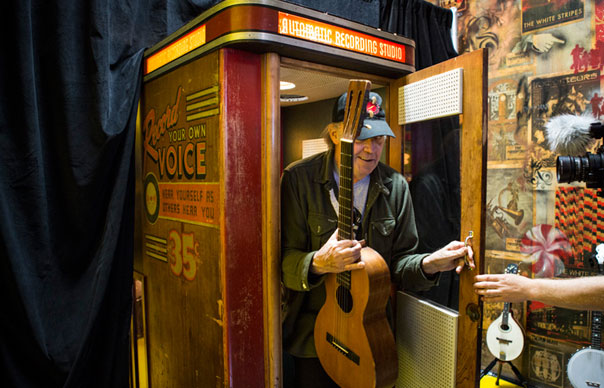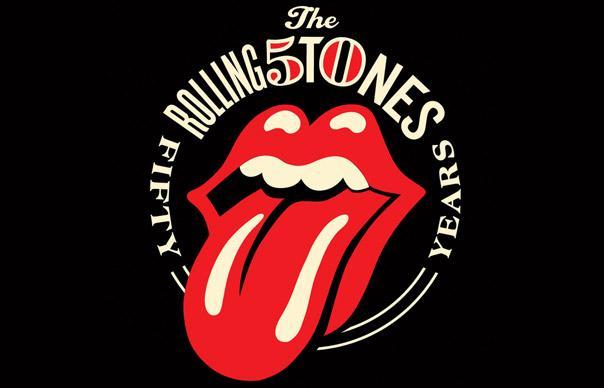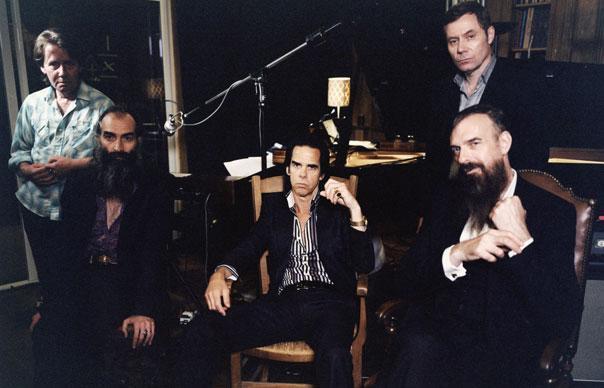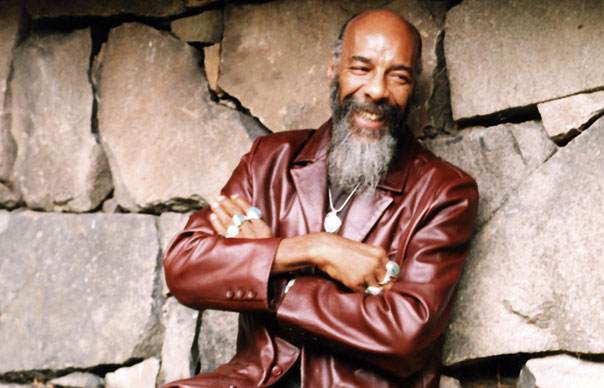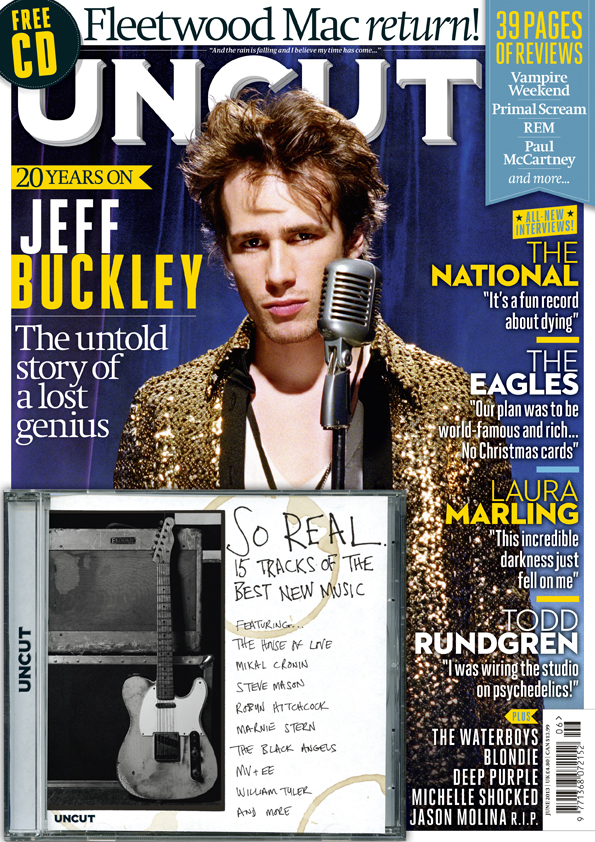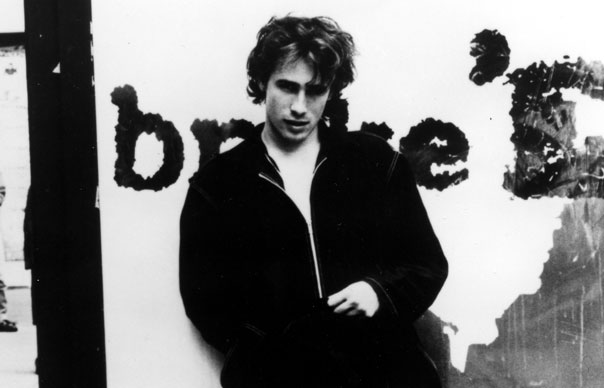Jackson Browne features heavily in Uncut’s piece on the making of the Eagles’ Desperado – in the new issue, dated June 2013 and out now – and here, in this archive feature, originally from August 2010’s Uncut (Take 159), Browne takes us through the creation of his greatest albums. Interview: Bud Scoppa
____________________
“Music has an impact because a lot of people experience it at the same time, and that can’t happen exactly the same way again,” says Jackson Browne, whose five ’70s LPs are the quintessence of the SoCal singer/songwriter genre. “But people want to hear that artist do that thing over and over. It’s great when an artist can continually grow, and the audience accepts that.” Over the past decade, he’s put out a pair of LPs with his band, some solo acoustic runs through his fat song- book and the recent Love Is Strange, with longtime collaborator David Lindley.
____________________
JACKSON BROWNE – JACKSON BROWNE
(Asylum, 1972)
Already an oft-covered writer at 23, Browne signed with David Geffen’s new Asylum label and cut his debut album with some of SoCal’s finest, anchored by James Taylor’s rhythm section: drummer Russ Kunkel and bassist Lee Sklar…
Jackson Browne: “To me, it’s always the same thing; it’s making a bunch of songs and how you get the songs finished. I want to play with people that make the song sound good and make the ideas come out – or give me better ideas. Making that first LP was painstaking because I was feeling my way. I’d never played with a band; I’d always played acoustic by myself. I didn’t want to be hooked up with a prominent producer, who might supplant whatever ideas I came up with. So I chose to go with this engineer Richard Orshoff, who’d done a James Taylor album with Peter Asher at Crystal Sound. I’d planned to use David Lindley, but he was in England. Then I lucked into an amazing band. Sure, they were James’ rhythm section, but also, there was a way in which Peter Asher worked that I emulated – I became a stowaway in his productions. The prevailing method in Hollywood and New York was to make albums in a few days. My approach was simply getting these guys together to figure out what worked. They called them ‘head arrangements’. They’d get in a room and make stuff up, just like The Beatles did. We were just trying to get the most out of a song. That record was one of the first where artists were left to their own devices and allowed to work the way they wanted to work.”
JACKSON BROWNE – FOR EVERYMAN
(Asylum, 1973)
With Lindley, David Crosby, Elton John and Joni Mitchell joining the sessions, Browne’s second LP produces classics like “Take It Easy” and the title song…
“Going on tour with David Lindley was a very formative experience for me. I got to spend practically a year playing these songs with the one other musician I’d forged a lifelong musical chemistry with. It helps to have a genius multi-instrumentalist in your back pocket when you step out there, and it helps give dimension to the songs. With that musical collaboration in place, it wasn’t hard to add bass and drums to those arrangements, which is what I did. The album took about nine months to make, and I’m lucky that I was given the freedom to try just about anything, because a lot of stuff I tried didn’t work. We were working at Sunset Sound, and the album was recorded by a great engineer, John Haeny. He was one of my important teachers, because he taught me a lot about editing tracks. I really think that I’m more of an editor than anything else, including when I’m writing. During a break in the middle of recording the first album, I took a road trip in this old beat-up Willys Jeep and I went to Utah and Arizona. On that trip I started to write ‘Take It Easy’, and when I came back, I played it for Glenn Frey, and he asked if the Eagles could cut it when it was done. So I said, ‘Just finish it’, and he wrote the last verse and turned it into a real song. It was their first single, and what those guys did with it was incredible.”
JACKSON BROWNE – LATE FOR THE SKY
(Asylum, 1974)
A split with his wife drove Browne to write these songs, resulting in one of the deepest, most powerful break-up albums ever…
“For Late For The Sky, I had the songs pretty much written. It was the first time I’d sat down and written songs with the information of how I was going to record them. I went to Asylum and got $10,000 to rehearse the band for a month before we went in the studio. I liked the bands that worked that way, like Creedence and the Eagles, and I was aware of the fact that the stuff I really loved was a product of them playing together for a while. I just wanted the record to be like a band, and there were only the five people playing on the record. We rehearsed everything in a room in my house – the house I grew up in, which my grandfather had built. This room we were working in had stained glass windows, a pipe organ and a choir loft, high ceilings. It was a little like being in a church. It might have been one reason the songs sound kind of church-y. But Lindley was the key. What he played was incredible, and it was what we arrived at after playing together for a couple months and really knew the songs. It always proceeded from the way we played together – what he felt when I sang, and how that came out on the violin, or whatever he was playing. When Lindley wasn’t playing electric guitar, he’d be playing acoustic guitar, or if he wasn’t playing lap, he’d be playing fiddle. And I was either playing piano and Jai [Winding] was playing organ. Or if I was playing acoustic guitar, then he would play piano. That sound of the piano and the organ together was especially important. I thought it was a great thing between us, because the way I play piano is like a lot of whole chords. And combined with Jai’s organ, it kind of gave the songs a particular kind of sound, very major-y. I’d bought my own piano, so I really had a great piano for the first time during that time. One of the first songs I wrote on it was ‘For A Dancer’. With ‘Late For The Sky’, I had this one phrase, ‘late for the sky’, and I wrote that whole song in order to say that one phrase at the end of it. People have always referred to those songs as ‘Late For The Sky kind of songs’, and I think they’re referring to the subject of songs like ‘Late For The Sky’, ‘For A Dancer’ and ‘The Late Show’, but I don’t have any name for that kind of song. It has to do with our expectations and battling your loss of innocence. You resolve your expectations with your resignation and mortality, you know?”
JACKSON BROWNE – THE PRETENDER
(Asylum, 1975)
Ceding control for the first time to an outside producer (Jon Landau, Springsteen’s manager), Browne altered his freewheeling approach to recording. Crosby (again), Nash, Lowell George and Don Henley guest…
“Up through Late For The Sky, I was still recording by simply playing with David until it coalesced, but that record was the culmination of that way of working. With The Pretender, I started working with Jon Landau, and what he set about doing was to change that. Not because he didn’t like the result, but he saw that there was something that we weren’t doing that we could be doing, and he made it more difficult to resort to my old habits. We had to discuss everything. He changed my priorities. He was really hands-on, and he got me involved in arranging and making clear-cut decisions; I’d just have kept playing the song and things would develop. In the middle of recording ‘The Pretender’, Jon was working with Jeff Porcaro [drums] and Craig Doerge [piano] and getting a certain dramatic thing to happen. Landau said, ‘Do you like that?’ And I said, ‘I like it, but I’d have to write some more words.’ And he looked at me and smiled and said, ‘Well, you’re a writer. Go write some more words.’ In ‘The Pretender’, there’s the line, ‘Were they only the fitful dreams of some greater awakening?’ It’s really talking about the same thing that ‘For Everyman’ was talking about, and it comes back and around again in a number of ways in my songs.”
WARREN ZEVON – WARREN ZEVON
(Asylum, 1976)
Browne met Zevon in LA in 1968. He was later instrumental in Asylum signing Zevon and handled production duties on his breakthrough.
“Because I’d made a bunch of records, I wanted to help Warren get his first album made. But I’m not the kind of producer that is really ambitious. The last thing on my mind was how to make a hit record; I just thought people needed to hear him. So we’d make the best versions of his songs we could. Geffen had the feeling I was just making a record for a friend – doing somebody a favour. It wasn’t until after the LP was done that he really heard it for what it was, especially when the critics hailed it. Warren had ‘Excitable Boy’ and ‘Werewolves Of London’ written, but I thought he should save them for his second LP because, if he didn’t record ‘Frank And Jesse James’, ‘Desperados Under The Eves’ and ‘The French Inhaler’ on the first album, they weren’t gonna get recorded later. I used to play ‘Werewolves Of London’ live, and the record company would say, ‘You’re gonna cut that song, right?’ And when I told them it was for Zevon’s second record, they thought I was crazy, because they believed I could have a hit with it myself. But that was wrong, and you can see it now. I didn’t think anybody got Warren but me. That’s the kind of writer he was – he spoke to your inner cynic. There was a dialogue that went on inside of him that’s going on inside of everybody. I’m still a huge fan of his writing.”
JACKSON BROWNE – RUNNING ON EMPTY
(Asylum, 1977)
A live LP containing all new material, recorded onstage, in various motel rooms and “on a bus somewhere in New Jersey”. Still Browne’s best-selling album…
“I thought making a live record would be something to do while I tried to come up with another LP of songs like The Pretender. That’s what happens when you get recognition. You go, ‘OK, great, let’s try to do something more like that.’ But that’s not what you were doing when you did it in the first place. You were just doing what you wanted to do next. And Running On Empty became my most successful record. For the first time I was getting paid enough to take this band who’d been on my albums [Russ Kunkel, Lee Sklar, Craig Doerge and guitarist Danny Kortchmar] on tour. They were huge fans of David Lindley, and they’d been on recording dates with him, so they were the most accommodating of bands with what David and I already had going on. My favourite thing was recording in motel rooms… we actually sang in the shower. That album was about a shared common experience that we all had touring, that we all knew pretty well. Most of those ideas came from us touring with different people. Stagehands to this day come up and say, ‘”The Load-Out” is our anthem.’
JACKSON BROWNE – LIVES IN THE BALANCE
(Asylum, 1986)
Browne became politically active in the ’80s – he helped found Musicians United For Safe Energy after the 1979 Three Mile Island disaster. Lives… was a response to the Reagan administration’s activities in Central America…
“In my songs, the subjects pick me; and I try to represent them. Lives In The Balance was a turning point, when I began to talk about what I’d been reading and thinking about. Everybody accepted the status quo version of America that was ludicrous. Lives In The Balance was an attempt to write clearly on subjects that you shouldn’t be oblique about. My favourite album of the day was Little Steven’s Voice Of America, and if I was emulating anyone, it was his outspokenness. But when people attribute a decline in my sales and stature to these political songs, I disagree. The record company didn’t like the record or know what to do with it. But I never took it as meaning you shouldn’t sing about politics. The past 20 or 30 years bears me out. Yes, my intention was confrontational, but the record also contained ‘In The Shape Of A Heart’, and if your politics are as personal as anything else, you’ve got to talk about them. So, in that sense, the political songs and ‘In The Shape Of A Heart’ were compatible.”
JACKSON BROWNE – LOOKING EAST
(Elektra, 1996)
On 1993’s I’m Alive, Browne assembled the band he still records with today; this subsequent album found them gaining their footing as a unit…
“This is a band, just like the one on Late For The Sky. We had Luis Conte doing live percussion, and Waddy [Wachtel] got added to ‘Looking East’ – he made the song, just playing rhythm guitar and rockin’ the track. ‘Looking East’ is fantastic, but I don’t think people even heard the song because of the track. The song becomes much more audible when it’s sung in this acoustic way in which the writing is in high relief. My favourite version is the one on [2010 live album] Love Is Strange with Lindley playing on it. Even the guys in my band say this new one is their favourite. Although they made a great version, something about the bombast of the track gets in the way of hearing what the song is saying. That’s what keeps happening; I guess I’m not making the right record the first time out. When the song first gets recorded, it’s almost like the last instalment in writing the song. But there’s still something that happens beyond that. What it’s shown me is that, even though you make a record, that doesn’t mean that’s the only way of playing it.”
JACKSON BROWNE – THE NAKED RIDE HOME
(Elektra, 2002)
Follow-up to Looking East, with Browne’s most vivid batch of songs since Late For The Sky…
“How records get made is the most fascinating thing to me. I love ‘The Naked Ride Home’ as a recording. [Band guitarist] Mark Goldenberg was playing structurally on the original session, and I was gonna overdub him doing a lead on top, but I wound up adding this great guitarist Val McCallum to the band just to play that part. He played this incredible part on the first take. It’s a deceiving song; it plays a trick on the listener because ‘Just take off your clothes and I’ll drive you home’ sounds like a pick-up line. You don’t find out until the end that these are married people. The assumption is there that it’s about one thing when it’s really about another. I love language so much in that way. I’m a songwriter, so that’s what people focus on – the songs. But how I get there is by playing in a band. On the last few records, I’ve begun finishing songs with the band. We just keep playing and when something great happens, everybody knows it. We’re not trying to play perfectly; we’re trying to find something that no one even knows what it is. So I now feel like I’m the singer and lyricist in a band.”


